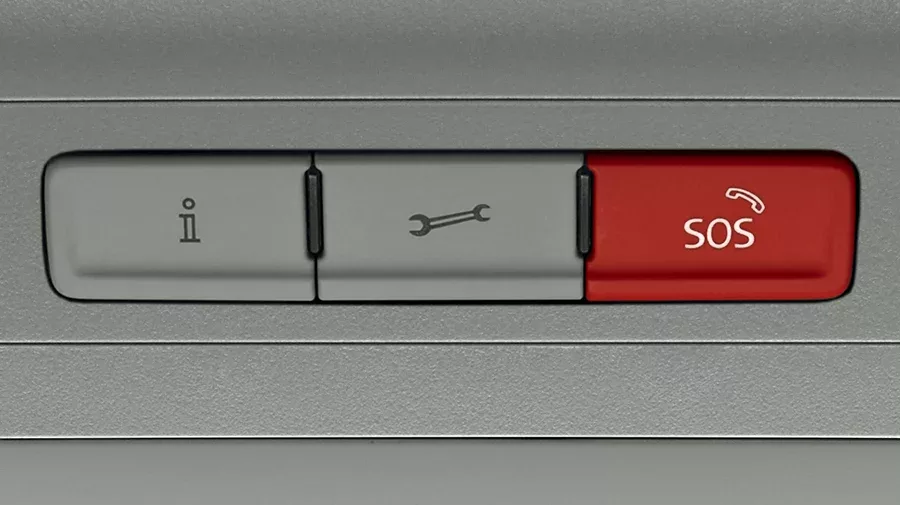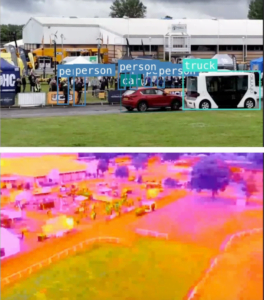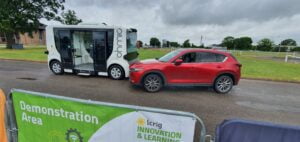A group of connected vehicle specialists from the company VESOS, who are leading work on maximising the value of life-saving eCall technology, are calling for a new drive to publicise the technology, after a survey suggested very low awareness of the in-car safety system.
eCall, which has been built into every newly approved car and van for the last five years, automatically activates in the event of a collision when the airbags are deployed. It can also be manually activated by the driver or passenger by pressing a button to report something they see, like a stopped vehicle on a live motorway.
However, a study of road user habits and views relating to in-vehicle technology suggests very few people are aware of the technology, despite some of them even having it in their vehicle.
WSP gathered the views of more than a thousand people nationally on behalf of Transport for West Midlands, and discovered only seven per cent of respondents reported having eCall.
“National Highways has done a lot of work publicising eCall, including an excellent video explaining the technology, but clearly the industry as a whole has to do more,” commented VESOS co-owner and connected vehicle expert Andy Graham. “We have anecdotal evidence of people being told ‘that’s the SOS button, don’t touch it’ when they pick up a new vehicle from the showroom, where the message should be ‘that button could save your life’. We have to explain to people what eCall does and when to use it, otherwise we will never maximise its benefit.”
The VESOS TeCall platform takes eCall data and refines it to deliver detailed information to emergency services about a stricken vehicle, including its location, vehicle type and key risk factors such as a dangerous fuel type. The vehicle type is particularly important for emergency services to know, given they have different safety approaches for an electric vehicle, compared to a traditional internal combustion one.
“From crashes on a quiet country road, to stranded vehicles on a smart motorway, eCall technology can hugely speed up the response time to rescue people and get them emergency treatment if needed,” Mr Graham added. “However, the investment in this technology is diminished if people don’t know about it – we need Government, motoring organisations and vehicle manufacturers to come together to deliver an education campaign so every driver knows about eCall.”
The WSP and TfWM research was supporting a project to analyse the value of in-vehicle messaging, surveying drivers to capture their habits and views relating to in-vehicle technology.
(Picture – National Highways)




















